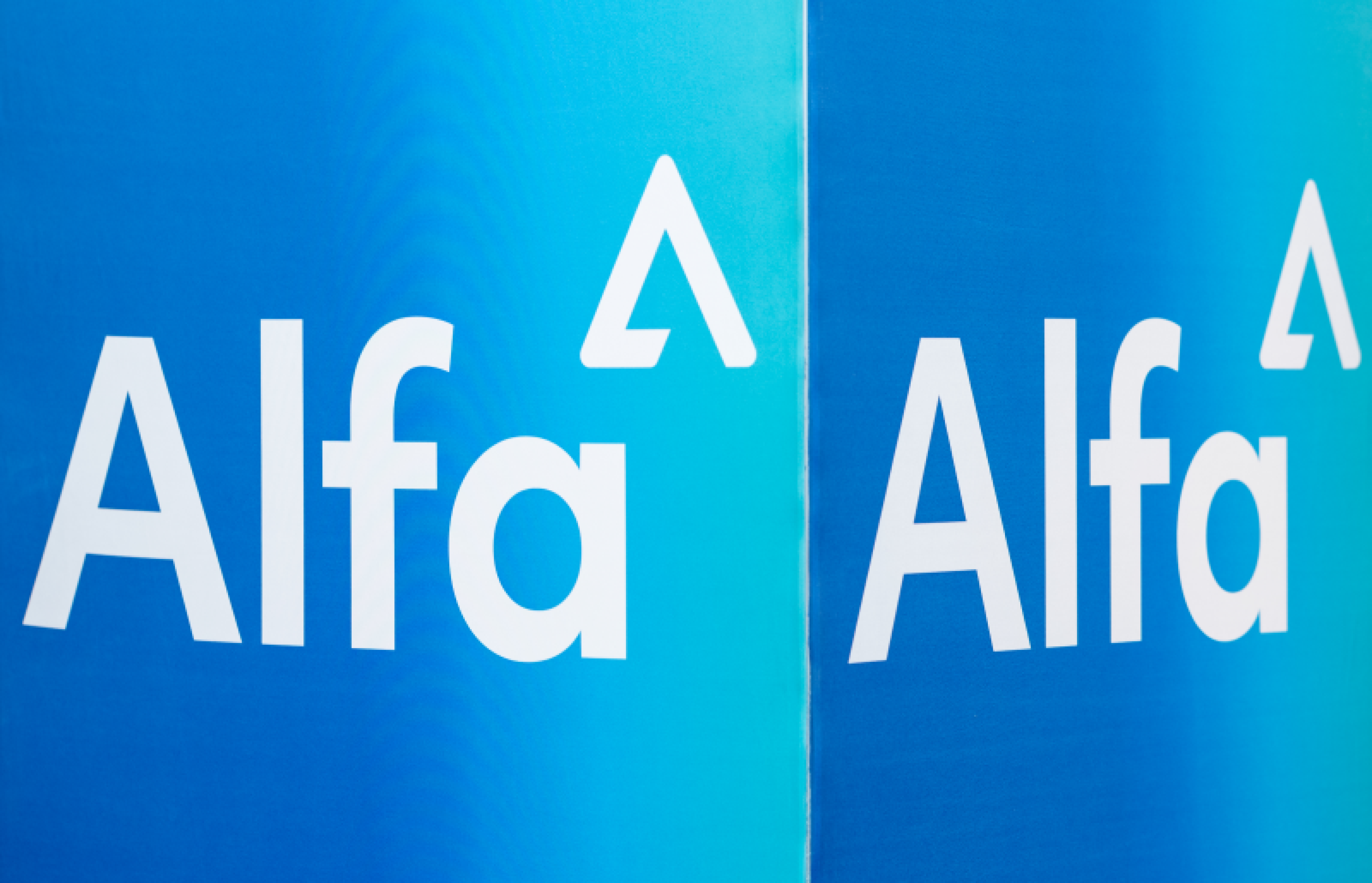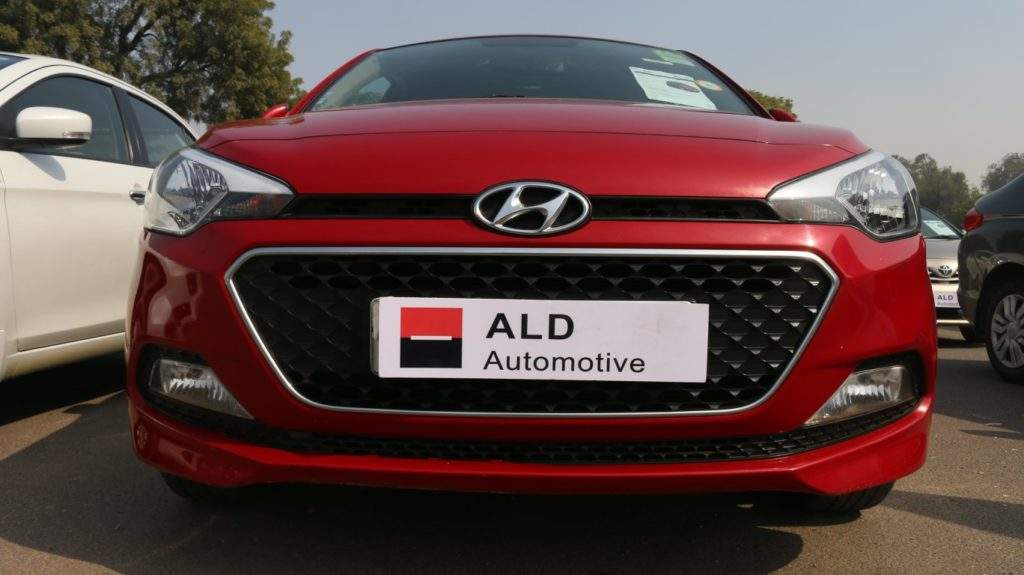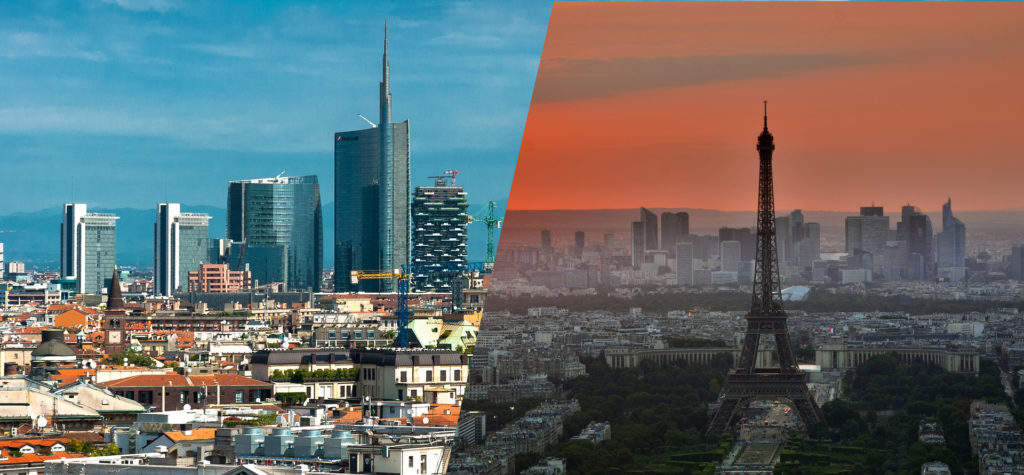All eyes are on Europe as the might of Germany
goes up against the romantic Mediterranean nations.
Those with a vested interest in the
outcome of this continental struggle will wait, straining at
rolling news coverage, newspapers and the internet, as the
to-and-fro goes on through the summer. Some will definitely end
their nights drenched in lager.
Anyone with half an eye on the eurozone crisis
and their full attention on UEFA Euro 2012 will not have failed to
notice a slight similarity between the two – the commentary teams
almost ran out of economic metaphors before the group stage was
over.
But beyond the fact it’s in Europe and Germany
was a likely victor from the start, the similarities between
Europe’s economic disaster and the continent’s premier football
competition are quite startling.
Let’s go back to the beginning to when times
were good and anticipation filled the air.
European eyes turned to the East where nations
were full of hope and eager to sample some of that Western European
success.
How well do you really know your competitors?
Access the most comprehensive Company Profiles on the market, powered by GlobalData. Save hours of research. Gain competitive edge.

Thank you!
Your download email will arrive shortly
Not ready to buy yet? Download a free sample
We are confident about the unique quality of our Company Profiles. However, we want you to make the most beneficial decision for your business, so we offer a free sample that you can download by submitting the below form
By GlobalDataIt wasn’t long, however, before Poland and
Ukraine were each made to look pretty average, despite great
tenacity, and we all gave up on Eastern Europe. Russia, the
long-running exception, went home early to the shock of many but
then it always was a riddle wrapped inside an enigma, locked in
Andrey Arshavin’s kit bag.
Meanwhile, Ireland was the first nation out
and nobody noticed; the Czech’s progression raised only one
comment: “Are they even meant to be here?”; all the potential
of the Netherlands came to nothing; the Scandinavians ploughed on
politely without troubling anybody and the French suffered from the
effect of being neither Spain nor Germany.
The press and the public analysed and debated;
experts gave their view and made predictions – how did this happen,
how can we avoid it happening to us?
Germany turned to Greece, looked at her
lack of credit up front and her deficit in defence and, after just
enough Hellenic spirit was displayed to gain a little neutral
support, dispatched her with typical muscular authority. Angela
Merkel made sure she did enough for the news cameras to pay
attention and the Greece boss smoked heavily with a haggard look on
his face.
Faced with a lot of hard work, bags of
anxiety over whether everyone else had a more efficient, organised
or successful system, and crippled by public pressure, the English
bowed out at their earliest convenience only to shout criticism
from the sidelines anyway.
If Liam Fox has his way, England probably
won’t even enter France 2016.
By that point the board was set for a battle
of wills, of ideals, of culture and identity.
Portugal, Spain and Italy all had
pretensions for success in Europe and Germany stood in their
way.
In-fighting, of course, led to a weakening of
the opposition to German plans and the Spanish bested their Iberian
neighbours by a cruel margin to put themselves forward.
Italy, meanwhile, found herself standing
toe-to-toe with Germany over how things should be done. One nation
enthralled with style and exuberance and the other backing a
conservative approach built on a solid foundation.
The whole thing played out with North America
confused about just why we were getting so excited and South
America shrugging “this happens every year for us”. A well
regulated, disciplined, far-sighted and long-term approach won the
day and several once-great nations faced at least four years of
heartache and austere soul-searching.
This analogy, like an ambitious
pan-continental economic zone lacking strong central regulation,
may have fallen apart at some point, admittedly.
We now know Italy threw up a surprise and sent
Germany packing only to be humbled by a Spanish side intent or
demonstrating just how superior their talent and philosophy is and,
in football at least, the best team definitely won.







